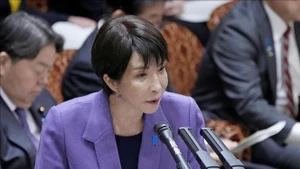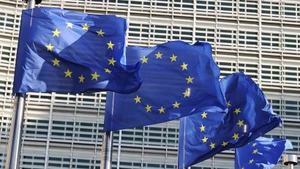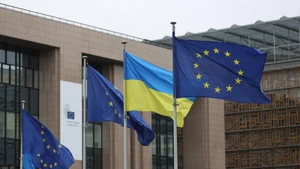Just over a year ago, following Labour’s resounding victory, Keir Starmer formally assumed the leadership of the UK. However, no “honeymoon period” awaited him after the win. At the very moment of receiving the “laurel wreath”, the Prime Minister was confronted with the complex realities of a country grappling with the longest strikes in its history, a cost-of-living crisis, record public debt and the lingering aftershocks of Brexit.
Over the past year, under his leadership, the UK has managed to regain some stability amid turbulent times. On the diplomatic front, London has succeeded in mending relations with the European Union (EU), severely strained after Brexit, its largest trading partner. Britain has also strengthened its alliance with Washington, becoming the first to secure a trade agreement with the US after the tariff disputes, while gradually reasserting itself as a “Global Britain” in an increasingly volatile world.
Yet, in stark contrast to foreign policy successes, London continues to struggle with pressing domestic challenges. Despite the Government’s efforts, the economy remains clouded by gloom and has yet to regain the growth momentum expected.
Andrew Bailey, Governor of the Bank of England, noted that the country is facing a serious challenge from weak growth. In the second quarter of 2025, the British economy grew by just 0.3%, well below the previous quarter. Inflation soared to 3.8% in July, the highest since early 2024 and the steepest among G7 economies.
The combination of weak growth and rising inflation has raised fears of “stagflation”, where rising unemployment, sluggish economic growth and surging prices converge.
Beyond the economy, illegal migration has long been a chronic issue in British society. Despite the Government’s tireless efforts to curb the influx, the challenge persists. At the one-year mark of his premiership, Starmer’s Government faced an unwelcome record.
The number of migrants crossing the English Channel in small boats since the beginning of 2025 has climbed to over 28,000, up 46% compared with the same period in 2024. Pressure has mounted as protests have erupted against the use of hotels to accommodate asylum seekers, a policy costing the public billions of pounds annually.
In response to criticism and fiscal strain, London has pledged to ease the burden caused by illegal migration and gradually end the use of hotels for housing asylum seekers.
Home Secretary Yvette Cooper stressed that the Government is implementing a long-term strategy to restore order to the immigration system, safeguard border security and dismantle criminal smuggling networks.
However, such assurances appear insufficient to allay public concerns over the continuing wave of illegal migrants entering the country.
Clearly, beyond the glory of victory, Prime Minister Starmer faces a road strewn with challenges rather than roses. Analysts believe that with determination and strong resolve, he can navigate these difficulties and steer the UK ship firmly on course towards stability and prosperity.
















